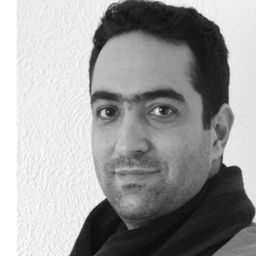Critical inquiry, arts-based methodologies and participatory approaches for sustainable heritage futures of post-industrial contexts I
My Session Status
This session addresses a perpetuating disjunction between conceptualisation of heritage and heritage making in heritage studies vis-a-vis heritage management and conservation of industrial heritage sites. There is an inevitable impact of this disjunction on advancing policy in people- and place-centred approaches to heritage futures. This session aims to explore ways in which tangible and intangible traces of the past can be utilised creatively in shaping desirable places to dwell and work. How can we address re-placing the natural and social legacy in neglected urban settings of industrial heritage sites through assembling informal archives and experimenting with art, while engaging local communities in building more equitable futures?
Over the last decades, we witnessed an accelerated growth of participatory approaches, citizen activism, and arts-based methods that informed ways of problematizing heritage as emergent and dynamic phenomenon produced through multiple discourses, practices, performativity and rituals. Yet, these approaches advance conceptualisation of heritage that is more fluid and context-dependent than definitions produced by architectural and urban practices and the archaeological and scientific methods used in heritage management and conservation. Contributions in this session critically reflect and creatively explore how new methods can be accommodated within and adopted alongside existing praxis of heritage management studies concerning industrial heritage sites:
- How to engage methodologically and conceptually with processes of change concerning neglected sites and industrial ruins through critical and creative practice?
- How different methods can help to improve sustainable access to and conservation of industrial heritage?
- How can we support the citizen’s sustainable engagement in management of heritage of vernacular and post-industrial sites through volunteerism, activism, and socially and/or environmentally engaged artivism?
- How the bottom-up processes, through on-site and online forms of collectivism and relationality might enhance an overall understanding of the challenges facing urban management, placemaking, urban planning, and conservation praxes, concerning industrial heritage, to reduce the effects of major cultural disconnections that threaten urban futures?
Sub Sessions
Rome Reloaded. Or Industrial Heritage Meets the ArtsSince the end of the Industrial Age, the treatment of its heritage has changed from demolition to preservation (Kierdorf/Hassler 2000). In Rome—which is usually not perceived as an industrial city—, over 60 related examples (Torelli Landini 2007) offer a wide field of research regarding visions for its future. Recently, the challenges to reload those artefacts have been accepted also by foreign...


